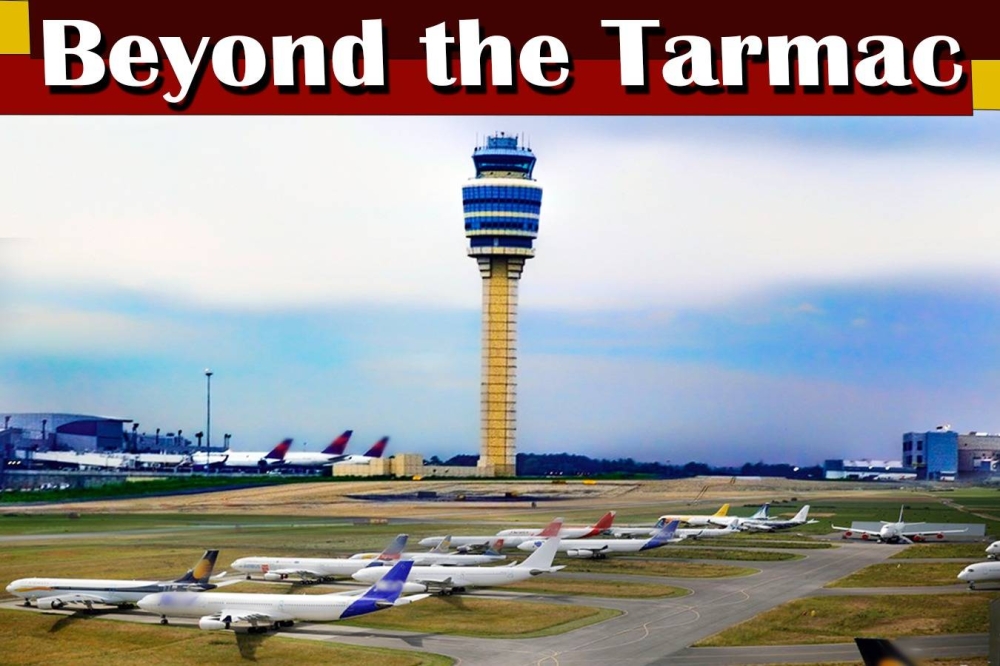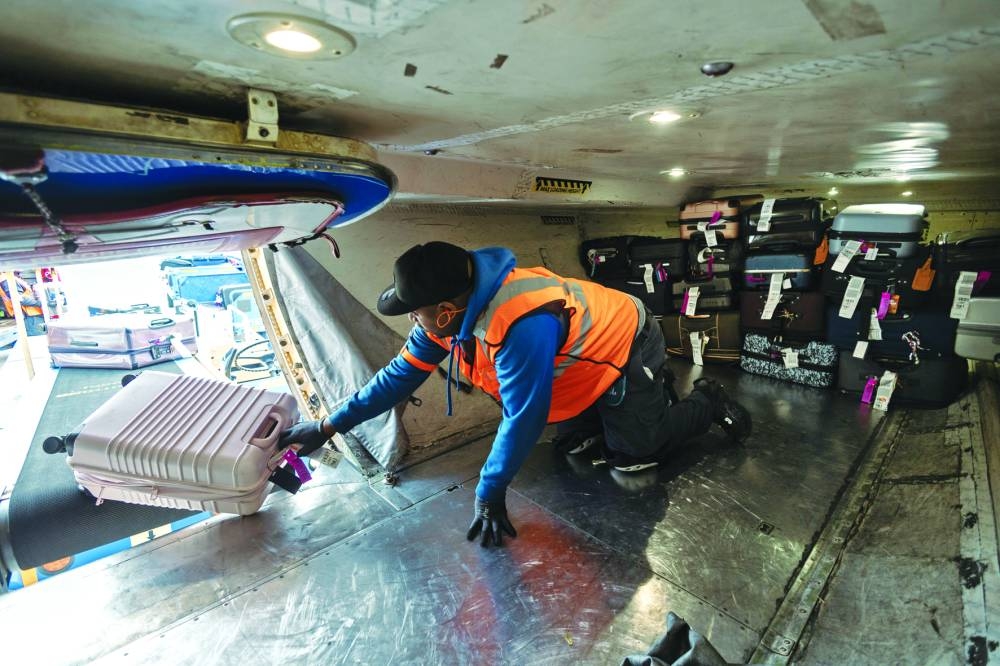
Beyond the tarmac
Delayed or mishandled baggage delay flights, as time is spent locating and correctly loading them. Mishandled baggage often creates congestion in baggage claim areas, affecting overall airport efficiency.
Obviously, high-profile incidents of baggage mishandling attract negative media attention, harming an airline’s reputation.
Passengers often share their negative experiences on social media, which quickly spread and damage the particular airline's brand image.
However, a recent industry report said there is an actual improvement in the air transport industry’s rate of mishandled baggage. This is despite passenger numbers rising above 2019 levels for the first time in five years, growing to 5.2bn, in 2023.
According to SITA, which provides IT and telecommunication services to the air transport industry, the number of bags mishandled by the industry falling from 7.6 to 6.9 per 1,000 passengers in 2023.
In its recent report, SITA noted the long-term trend underlines the positive impact of technology investments. A steep 63% drop in the mishandling rate from 2007-2023 happened as passenger traffic rose by 111%.
But the industry still faces challenges, particularly managing surges in baggage volumes. Pushing ahead with the industry’s digitalisation agenda is vital, argues the survey, focusing on AI for data analysis and computer vision tech in automated baggage handling.
That push must include full automation, good communication, and full visibility of each bag’s journey. Other SITA research reveals passenger anxiety about delays and cancellations (32% in 2023).
It shows that two-thirds of airlines now offer unassisted bag drop, and 85% of airports offer self-service bag drop. This reflects industry demand for self-service tech for better passenger flows. At the same time, passengers want to use their mobile phones as they travel, including at bag collection.
Today, 32% of passengers rely on bag collection information sent straight to their mobile. Better communication and visibility for passengers will encourage more use of digital self-service and give passengers control over their journey.
Collaboration is critical. While airlines and airports share baggage data, there’s still room for improvement. At baggage collection only 58% of airlines share data.
At the same time, 66% of airports share baggage delivery data with airlines. SITA’s Baggage IT Insights survey cites IATA’s call for full baggage tracking and real-time status data as part of its Resolution 753 initiative, with data sharing across the bag journey. The survey also points to Airports Council International’s call for self-service, real-time communication, and visibility for passengers to reduce stress and anxiety.
David Lavorel, SITA CEO, said, “The improved mishandled baggage rate in 2023 is great news for passengers and for aviation. It’s especially impressive as global passenger traffic grew strongly in 2023 and is set to double by 2040.
“We clearly see from the SITA Baggage IT Insights results that baggage automation is the way forward, with more collaboration, more communication with passengers, and investments in new technologies such as AI and computer vision to make the journey smoother.
“From my own travel experiences, I can say this will be really welcome. Technologies like these are essential because they help us gather, integrate, and share data effectively. This means we can uncover important insights that make decision-making easier and more automated.”
Looking at Asia Pacific, the SITA Baggage IT Insights report shows a steady long term baggage mishandling rate at 3.1 per 1,000 passengers in 2007 and 3.0 in 2023. However, this still reflects the best rate globally in terms of mishandled baggage.
The report comments on the commendable and consistent levels in the region despite the challenges of recovery. It highlights the success of investments in digitalising the baggage handling process.
Industry experts say that in order to mitigate mishandling, airlines need to invest in advanced tracking systems like Radio Frequency Identification (RFID).
Proper training for baggage handling staff and maintaining adequate staffing levels are essential to reduce mishandling, requiring ongoing investment.
Addressing baggage mishandling requires significant investment in technology, staff training, and operational processes to ensure efficiency and improve passenger satisfaction.


